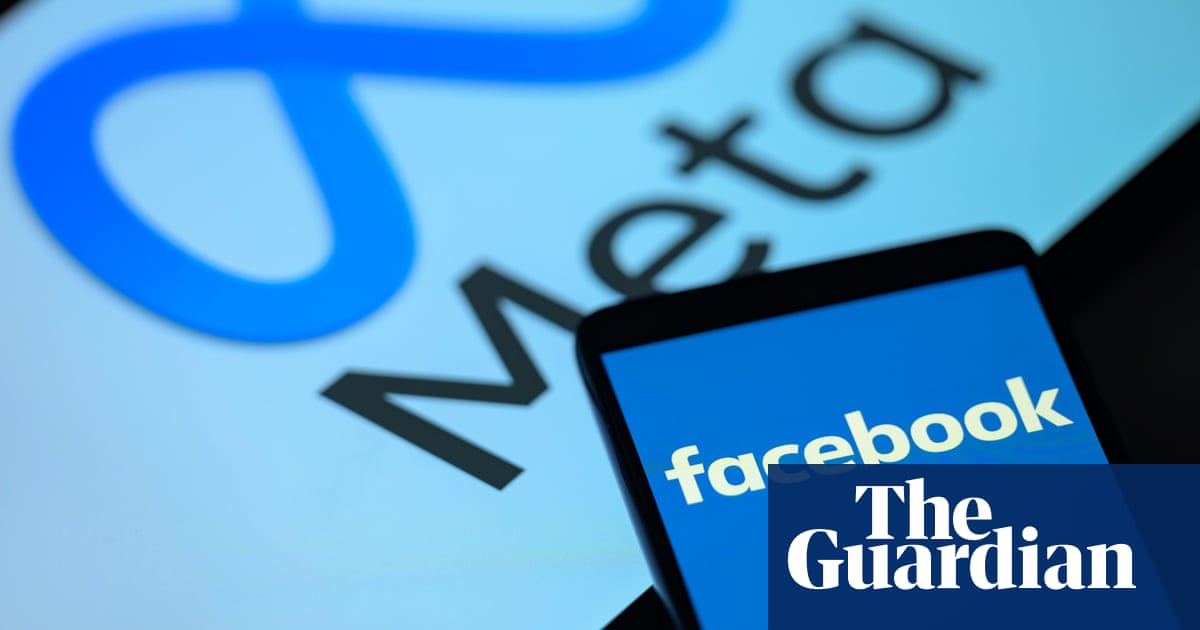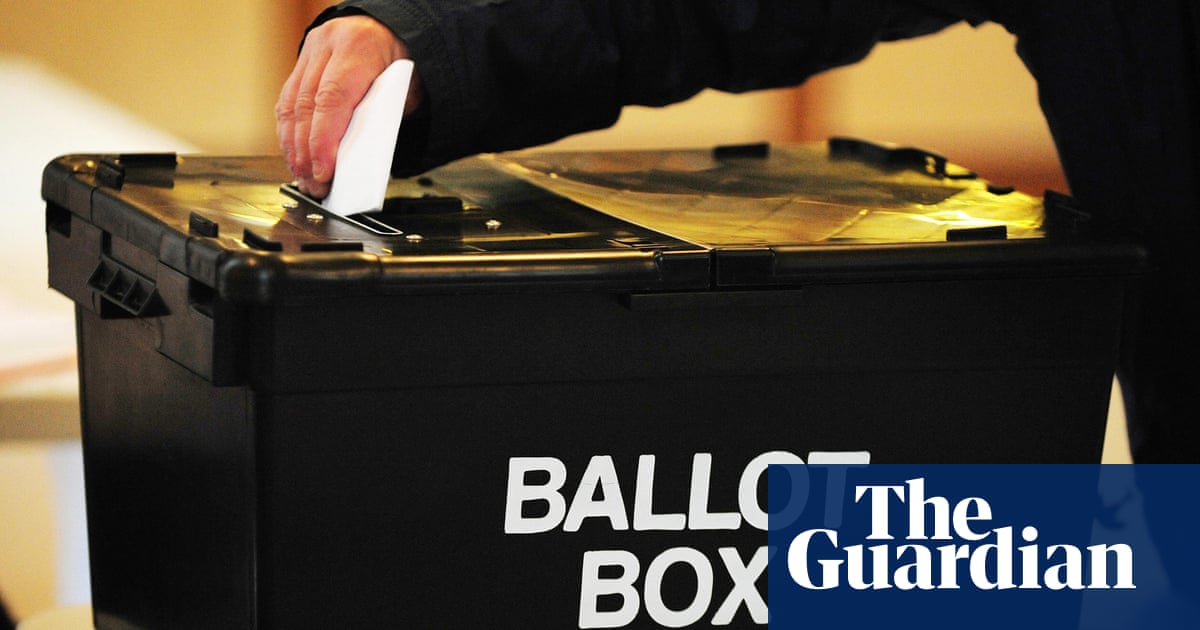TikTok is one step closer to facing a ban in the US. A federal appeals court ruled on Friday to uphold a law that forces the hugely popular social media company to sell its assets to a non-Chinese company or be barred from the country entirely. The decision is the latest twist in a years-long battle between TikTok, which is owned by Chinese-based ByteDance, and the US government.
ByteDance has until 19 January to sell the app or face the ban.
“TikTok’s millions of users will need to find alternative media of communication,” said the judge, Douglas Ginsburg. “That burden is attributable to [China’s] hybrid commercial threat to US national security, not to the US government, which engaged with TikTok through a multi-year process in an effort to find an alternative solution.”
TikTok has said that divestiture is “not possible technologically, commercially, or legally”. The case is likely to move up to the US supreme court.
TikTok has faced an onslaught of lawsuits, congressional hearings and inquiries on both the federal and state level over the past several years. It reached a peak in April when Joe Biden signed a bill into law requiring ByteDance to sell the app to a non-Chinese owner or be banned this January. In 2023, Montana became the first state to ban TikTok, but a judge blocked the state’s law before it could take effect.
TikTok first brought this lawsuit against the justice department in May. The court’s three-judge panel said that the provisions of the law targeting the app “survive constitutional scrutiny”.
Ginsburg wrote that the measure “was the culmination of extensive, bipartisan action by the Congress and by successive presidents. It was carefully crafted to deal only with control by a foreign adversary, and it was part of a broader effort to counter a well-substantiated national security threat posed by the PRC (People’s Republic of China)”.
after newsletter promotion
The US government says TikTok is a national security threat because China could use the app to access personal data from millions of Americans. Lawmakers also say they fear China could manipulate what millions of people see on the app and spread propaganda. The government has not disclosed evidence that Beijing or ByteDance has done so.
“The Chinese Communist Party has made it abundantly clear that it is willing to leverage technology to collect data on our children and all US citizens,” said Josh Gottheimer, a Democratic congressman from New Jersey, in a statement when the bill was introduced last March. “It’s time we fight back against TikTok’s information invasion against America’s families.”
In May, ByteDance, TikTok and a group of social media influencers sued to block the law. They argue it is unconstitutional, unfairly singles out the social media company, and violates the right to free speech of its millions of users.
TikTok has 170 million US users on its platform, roughly half of the country’s population. Even though its parent company is based in China, TikTok argues it isn’t under Chinese influence because it operates separately and maintains headquarters in Singapore and Los Angeles. It says its US user data is handled by Oracle, an American company.
Several civil and digital rights organizations have opposed the ban, including the American Civil Liberties Union, Electronic Frontier Foundation and Center for Democracy and Technology. In a letter to Congress last March, they wrote that a privacy law would do more to protect people’s data. They said the bill to ban TikTok “is censorship – plain and simple”.
During oral arguments for the case in September, the three-judge panel on the appeals court listened to arguments from both sides. One of the judges, Sri Srinivasan, said he was concerned with TikTok being owned by a foreign entity that had the ability to access troves of US citizen’s data.
“When it’s a foreign organization, they don’t have a first amendment right to object to a regulation of their curation,” he said. He later argued that ByteDance divesting from TikTok could solve this problem.

.png) 1 month ago
13
1 month ago
13













































